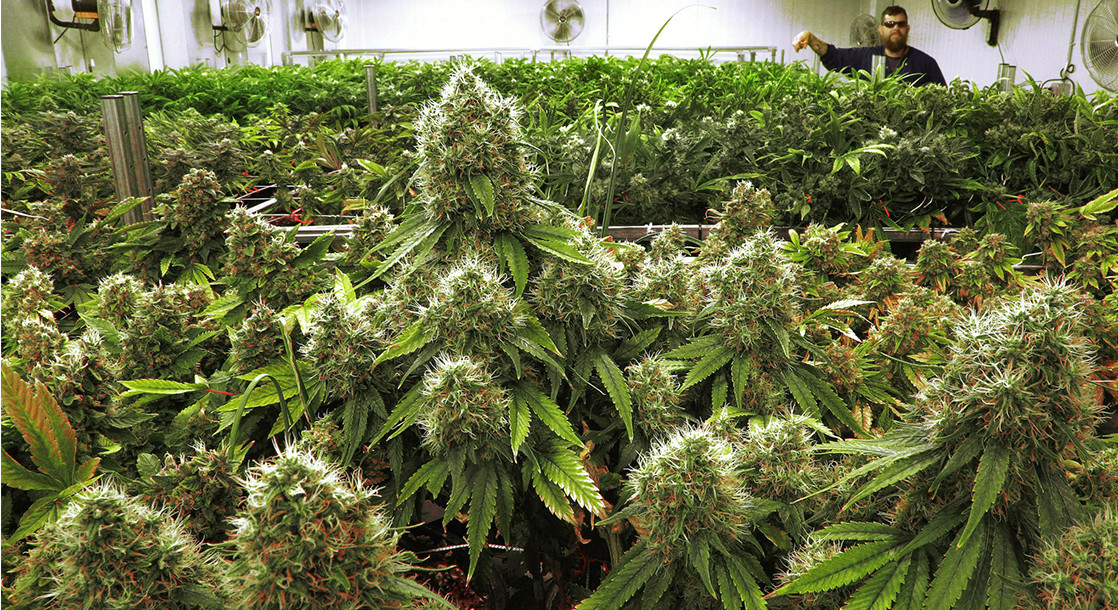As cannabis legalization slowly sweeps across the nation, politicians have started to take notice of the massive tax revenue raked in by Colorado, and some are starting to consider the recreational market as a way to alleviate financial woes. Illinois is one state that could definitely use the influx of cash that is generated through marijuana cultivation and sales.
With a current budget deficit of $9 billion, state representatives have recently started concocting a plan to work recreational legalization into the law. Back in March, lawmakers introduced legislation that would create a regulated cannabis industry in Illinois. The measure, which is aiming to garner approval in 2018, would allow adults to possess up to 28 grams and create a retail market as well.
Although local representatives are well aware that legalizing cannabis won’t solve the entirety of their financial problems, it’s becoming abundantly clear that the plant can help set them on the right path. While Colorado collected almost $200 million in tax revenue, the fiscal impact on Illinois would be expected to range somewhere between $350 million to $700 million.
Most importantly, the measure has approval across the political spectrum. 76 percent of Democratic voters favor recreational cannabis legislation, while 68 percent of independents and even 52 percent of Republicans also back legalization. Therefore, state policymakers have the support of their constituents, and could garner even more popularity if they manage to alleviate the fiscal crisis at the same time.
Not only would a recreational system create tax revenue for the state, it could also prevent crime and create employment opportunities. For instance, regulating marijuana sales could help prevent rampant gun violence in crime-ridden Chicago communities by reducing the prominence of drug dealers.
Legalizing marijuana would also potentially create thousands of jobs across the state, especially in agricultural regions outside of the metropolitan areas. Thus far, Illinois’ medical system has already generated a fair amount of jobs, and this number would significantly expand if recreational legislation were to be implemented.
The current measure is being spearheaded by Sen. Heather Steans and Rep. Kelly Cassidy, and if passed, would create a lucrative market throughout Illinois. Instead of rushing something to the floor this year, the pair is working to construct a plan that would be hard to refute come 2020. If they succeed, the state can expect less debt, reduced crime, and more employment throughout the Land of Lincoln.




![Snoop Dogg Plays Madden 20 in the GGL V Championship Presented by Blue River Terps [Part 6]](https://merryjane.com/wp-content/uploads/2024/04/1575574237678_Part6Thumbnail.jpg)






